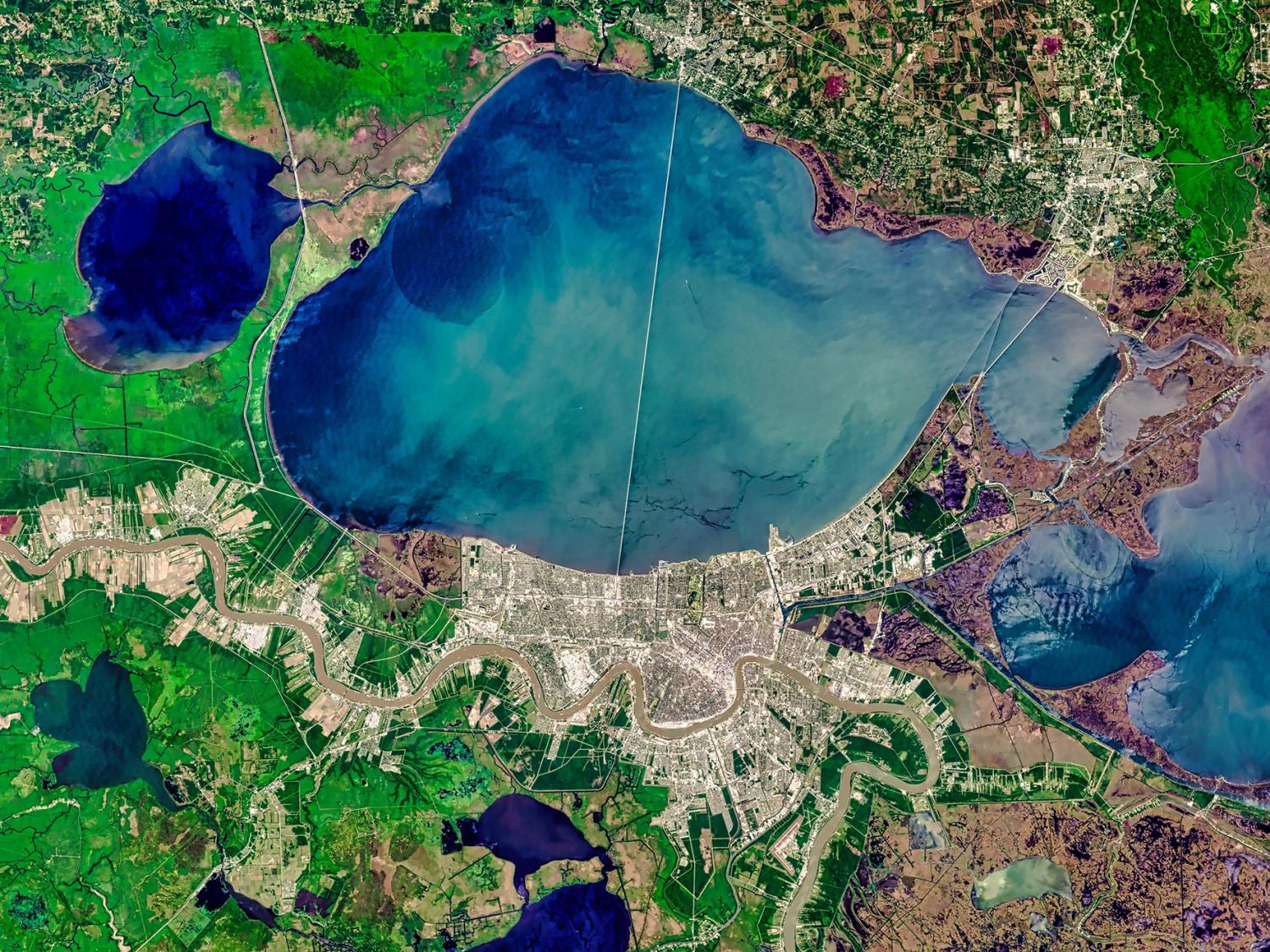Hurricane Katrina and the failure of the federal levee system exposed profound vulnerabilities across the Greater New Orleans area, including among higher education institutions. Over the past two decades, however, universities, community colleges, and specialized research centers alike have all evolved, improving their internal resilience and contributing significantly to the resilience of surrounding communities.
Starting with the initial response to the 2005 disaster, higher education institutions in metropolitan New Orleans demonstrated remarkable resilience by rapidly resuming instruction, forming cross-institutional partnerships, and mobilizing support from local, state, and federal agencies, as well as alumni, corporations, foundations, and international sources. In the following years, universities further championed resilience through fostering academic programs and research centers and collaborating through consortia focused on emergency and disaster management, climate adaptation, infrastructure, and biosciences innovation. Yet, these higher educational institutions continue to face difficulties, particularly in the face of the currently challenging university funding landscape.
This report first describes the impacts of Hurricane Katrina and the levee failures on the higher education institutions themselves, then details the roles those institutions played in building recovery and resilience in communities across the New Orleans metropolitan area. We examine the challenges they faced and the strategic opportunities they discovered that were associated with improving community resilience. The report closes with recommendations for future efforts toward greater institutional and community resilience among these universities and colleges across the metropolitan area, including:
- Assessing the many initiatives that these universities, community colleges, and research centers have undertaken to promote resilience.
- Enhancing coordination across educational programs and consortia.
- Leveraging alumni and partnerships to deepen higher education institutions’ long-term contributions to regional resilience.
More attention needs to be paid to the remarkable source of resilience capacities at these institutions of higher education in New Orleans, and to their impacts on regional resilience. They still have much more to contribute.
Read more
This report is part of a series from Brookings Metro and The Data Center examining the New Orleans metro area across key policy areas including housing, community safety, and flood adaptation. The series provides local leaders with tools to mitigate future disaster risks for the most vulnerable communities.
The Brookings Institution is committed to quality, independence, and impact.
We are supported by a diverse array of funders. In line with our values and policies, each Brookings publication represents the sole views of its author(s).




